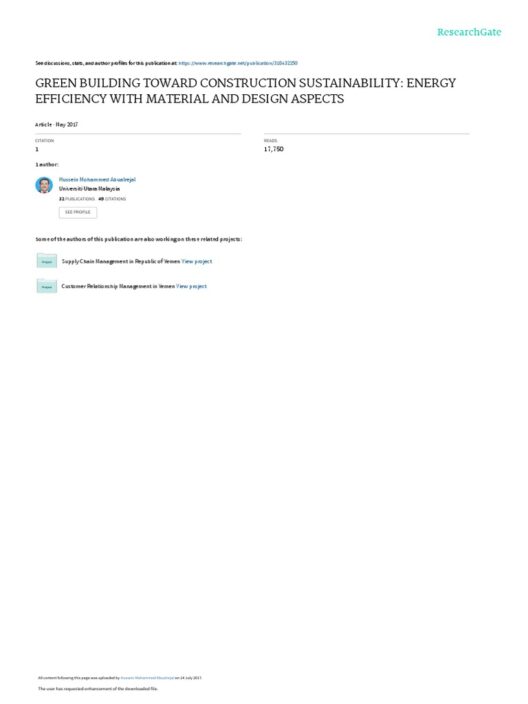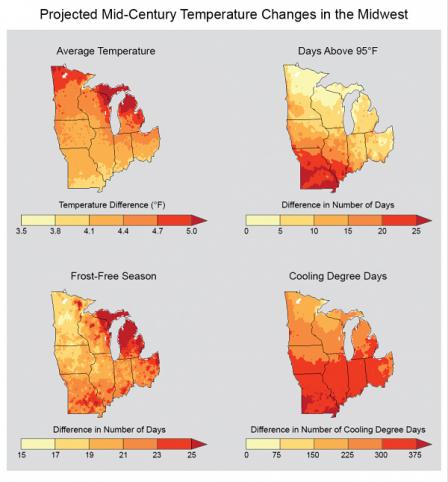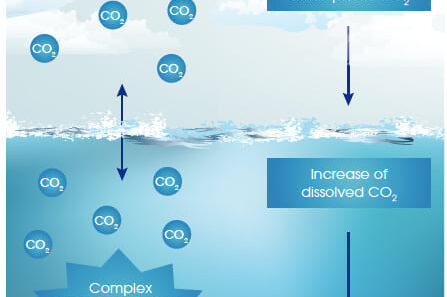Climate change stands as one of the foremost challenges of the 21st century. The necessity to mitigate its effects has spurred a myriad of initiatives globally. As scientists and policymakers grapple with the enormity of the crisis, various strategies have emerged, driving both progress and revealing pitfalls along the way.
Governments worldwide have made significant commitments to reduce greenhouse gas emissions. The Paris Agreement, established in 2015, marked a pivotal moment in climate diplomacy. Signatories pledged to limit the rise in global temperatures to well below 2 degrees Celsius above pre-industrial levels, aiming for a more ambitious goal of 1.5 degrees. This accord not only illustrates international cooperation but also catalyzes national policies focused on sustainability. More than 190 countries have presented their long-term greenhouse gas reduction plans, known as Nationally Determined Contributions (NDCs). These frameworks act as blueprints, navigating the path towards more environmentally friendly practices.
Renewable energy sources, such as wind, solar, and hydroelectric power, are at the forefront of the transition away from fossil fuels. The International Renewable Energy Agency (IRENA) highlights that solar and wind are among the most cost-effective energy sources today. These technologies are being deployed at unprecedented rates. For instance, in 2020 alone, the world added a record 260 gigawatts (GW) of solar power. This shift not only curtails carbon emissions but also creates jobs across various sectors, thus reinforcing an economy that values sustainability.
Moreover, numerous cities are embarking on ambitious climate action plans. Urban areas, which are responsible for more than 70% of global CO2 emissions, are reevaluating transportation, energy consumption, and waste management. Cities like Barcelona and Copenhagen have integrated extensive cycling infrastructure, enhancing public transportation, and implementing stringent emissions regulations on vehicles. These initiatives have not only improved public health but have also engendered community engagement and awareness regarding environmental issues.
Corporate responsibility towards sustainable practices is another burgeoning aspect of climate action. A growing number of companies recognize the inherent risks climate change poses to their supply chains and, subsequently, their financial viability. Organizations such as the Science Based Targets initiative (SBTi) assist companies in setting rigorous emissions reduction targets substantiated by scientific data. Unprecedented commitments from corporations like Microsoft and Google to achieve carbon neutrality exemplify this trend. However, a prevalent pitfall remains: many corporations engage in “greenwashing,” where they exaggerate their environmental efforts while continuing detrimental practices.
Forestry and land use represent additional dimensions vital to climate mitigation. Deforestation accounts for nearly 10% of global greenhouse gas emissions. Initiatives such as reforestation and afforestation are crucial strategies that sequester carbon dioxide effectively. The United Nations launched the Bonn Challenge to restore 350 million hectares of degraded and deforested land by 2030; thus fostering biodiversity while enhancing the resilience of ecosystems.
Yet, while laudable strides are made, the response to climate change is fraught with challenges. A significant pitfall is the disparity in global responses due to economic disparities. Wealthier nations have more resources to invest in clean technologies and can more readily transition from fossil fuels. In contrast, developing countries often lack the means to implement similar strategies, hampering global efforts. This inequity raises questions about climate justice and necessitates considerations of financial assistance, technology transfer, and capacity building for vulnerable populations.
Moreover, scientific skepticism and political polarization can stymie progress. In some regions, misinformation surrounding climate science persists, leading to public distrust of legitimate climate initiatives. This challenges the collective ability to forge a consensus around necessary actions. Furthermore, a lack of urgency often leads to complacency, where short-term economic interests supersede long-term environmental imperatives.
On a grassroots level, activism continues to galvanize support for climate action. Movements led by youth advocates—such as the Fridays for Future initiative—have dramatically increased awareness and urged policymakers to enact meaningful reforms. The passion exhibited by these young activists offers hope and reflects a generational shift towards prioritizing climate action.
Scientific advancements also play an instrumental role in combating climate change. Innovations such as carbon capture and storage (CCS) and breakthroughs in energy storage technology are promising avenues that could drastically alter the landscape of energy consumption. However, the scalability of these technologies and their economic viability remain subjects of scrutiny.
Furthermore, strategies like the circular economy—where waste is minimized, and resources are reused—have garnered traction. This concept promotes a transformative approach to production and consumption, propelling societies toward sustainability. Through the integration of principles of durability, repairability, and recyclability, industries can reduce their ecological footprint.
In a time when the stakes are exceedingly high, the collective resolution of governments, corporations, and individuals is pivotal. As progress is made, it is critical to uphold transparency in climate initiatives to ensure accountability and prevent greenwashing. The cohesive efforts across diverse sectors unveil a nuanced roadmap that fosters resilience against the adversities posed by climate change.
Ultimately, what transpires in the coming years will be crucial. Will commitments translate into concrete actions that change trajectories? The promise of a sustainable future remains tantalizing yet elusive. It beckons a transformation of perspective—viewing climate action not merely as an obligation but as an opportunity to build a society marked by equity, responsibility, and innovation. This necessity invites curiosity and determination in navigating the complexities of climate governance, ultimately shaping the future for generations to come.







